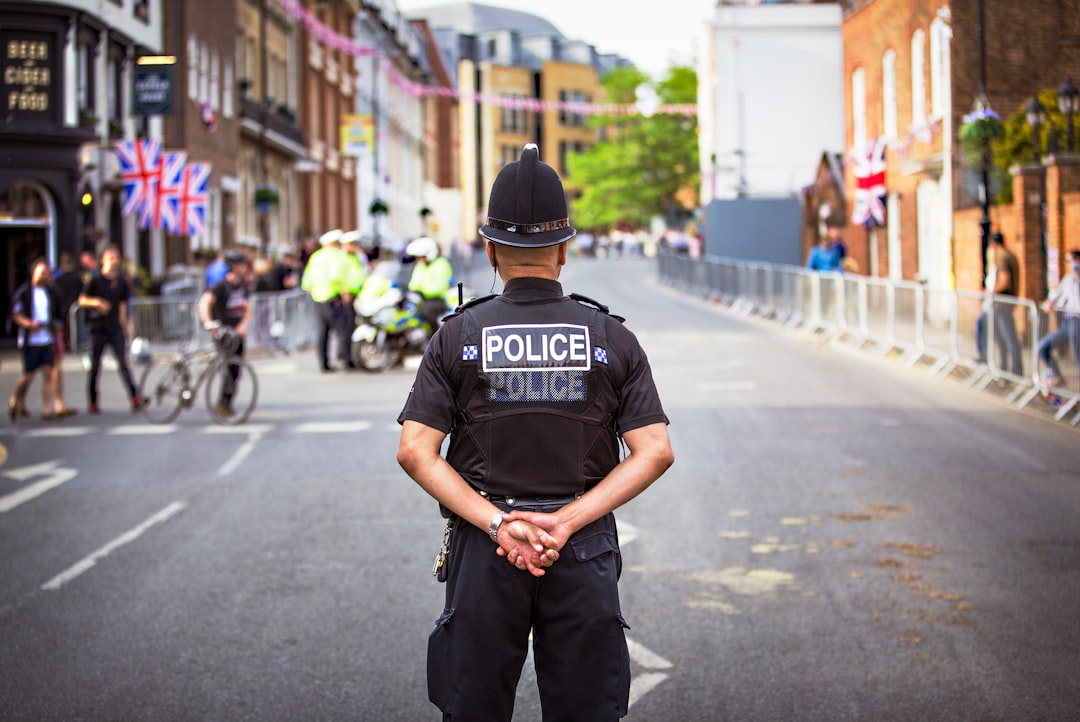Police Officer Pirihimana
Police officers work to prevent and solve crime, keep the peace, and respond to criminal activities and emergencies.
Police officers may do some or all of the following:
- patrol on foot or by car
- help people in emergencies
- investigate crimes, domestic disturbances, crashes and sudden deaths
- interview people and take statements
- search for and arrest suspected criminals
- write reports
- give evidence in court
- direct traffic
- work with schools to provide safety and crime prevention education.
Physical Requirements
Police officers need to have:
- excellent fitness and health
- good hearing
- normal colour vision
- good eyesight (with or without corrective lenses).
Useful Experience
Useful experience for police officers includes:
- work with a community group
- being part of a community patrol
- sports coaching
- being a mentor for young people
- volunteering or fundraising.
Personal Qualities
Police officers need to be:
excellent communicators- able to relate to and have empathy for people from all cultures and backgrounds
- mature and responsible, and able to keep information private
- good at solving problems and making decisions
- patient and helpful with a sense of humour
- honest and committed to people's safety
- disciplined and able to remain calm in emergencies
- good at written and verbal reporting
- able to work as part of a team.
Skills
Police officers need to have:
- knowledge of police policy and procedures, the legal system and community support services
- skills in observation
- skills in interviewing, problem solving and negotiation.
Conditions
Police officers:
- usually work shifts, including nights and weekends
- work in a variety of locations, including offices, courts, and rural areas
- may be at risk of verbal or physical abuse
- may travel around the country and overseas to help investigate crimes or attend conferences.
Subject Recommendations
No specific secondary education is required for this job, but maths, English, physical education and social studies to at least NCEA Level 2 are useful.
Related Courses
Police Officers can earn around $75K-$83K per year.
Pay for police officers varies depending on skills, experience, and the type of work they do.
- Police officers in initial training earn $56,000 a year.
- Graduate police officers start on $75,000.
- Police officers in their fifth year earn $83,000.
Police officers may receive allowances for items such as travel, food and clothing, extra duties, overtime and insurances.
Source: NZ Police, newcops.govt.nz, accessed October 2023.
Police officers may progress to leadership positions such as detective or sergeant.
Police officers may join a specialised police unit such as:
- armed offenders squad
- child protection team
- dog handling
- forensics
- road policing
- search and rescue
- youth aid.
Years Of Training
<1 year of training required.To become a police officer you need to complete the police training course, inluding:
- a three-day online course before starting at Police College
- 16 weeks training at the Royal New Zealand Police College in Porirua
- two years of supervised police work, which is regularly assessed.
To enter police training you must:
- be at least 17 when you apply, and 18 years old when you start at Police College
- hold a full New Zealand driver licence
- be a New Zealand or Australian citizen or a New Zealand permanent resident
- be able to speak, read, write and listen in English
- pass academic tests
- pass physical fitness tests and receive a medical clearance
- have good eyesight
- attend an interview and job preview sessions
- notify police of any previous traffic or criminal offences
- provide a police clearance for any country you've worked or lived in for longer than three months.
The Vulnerable Children Act 2014 means that if you have certain serious convictions, you can’t be employed in a role where you are responsible for, or work alone with, children.

 Bishop Viard College
Bishop Viard College